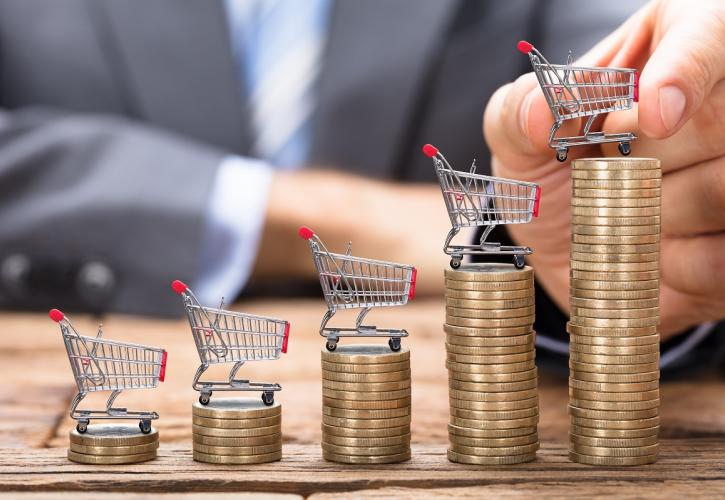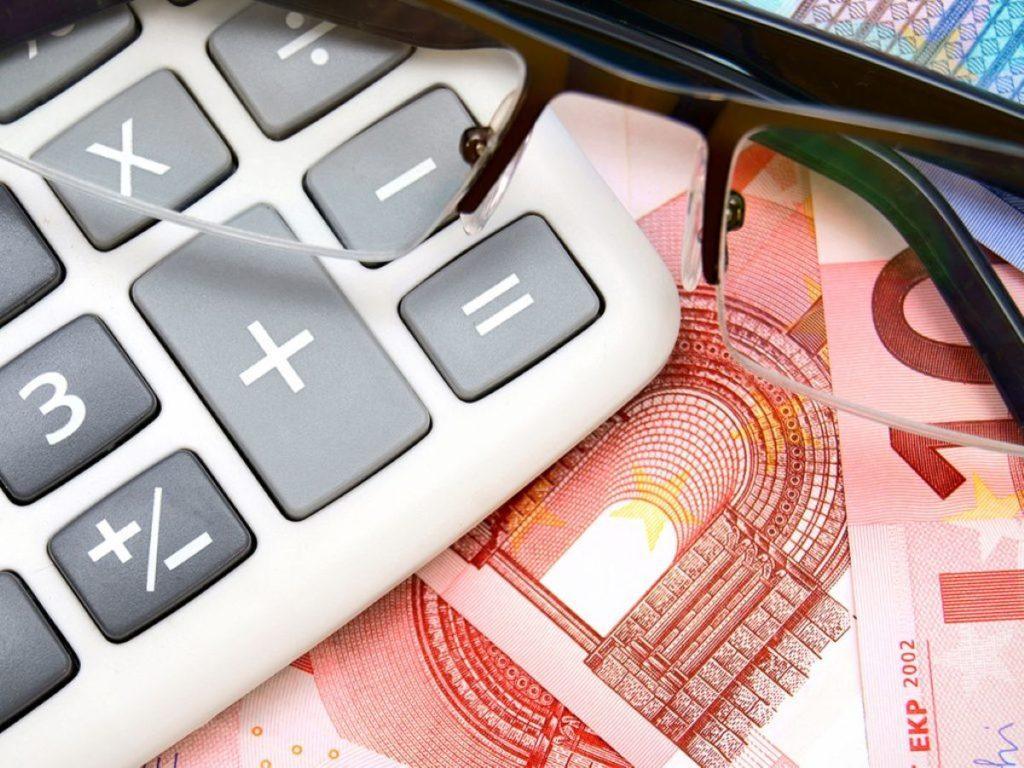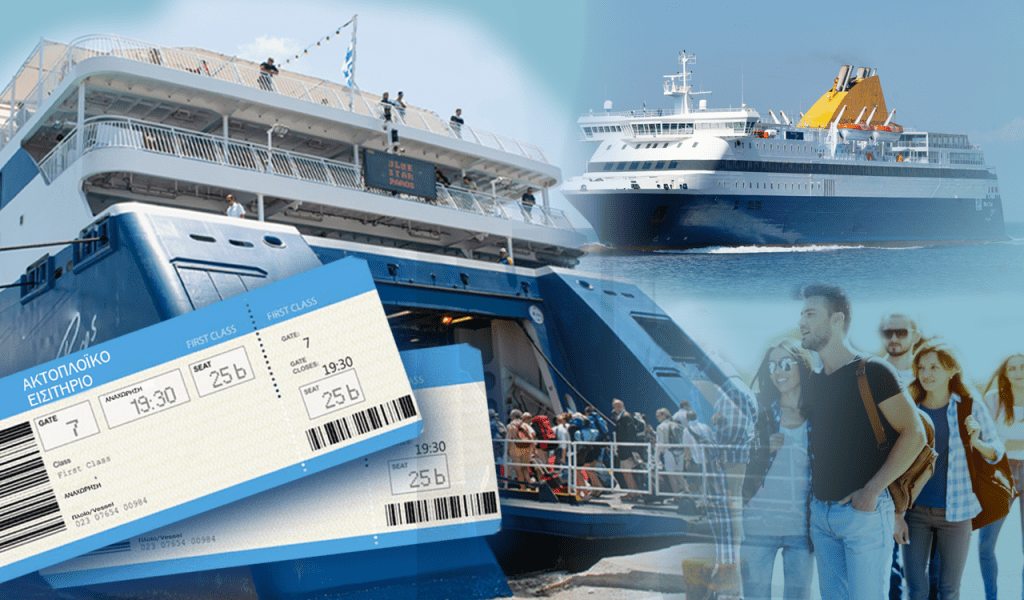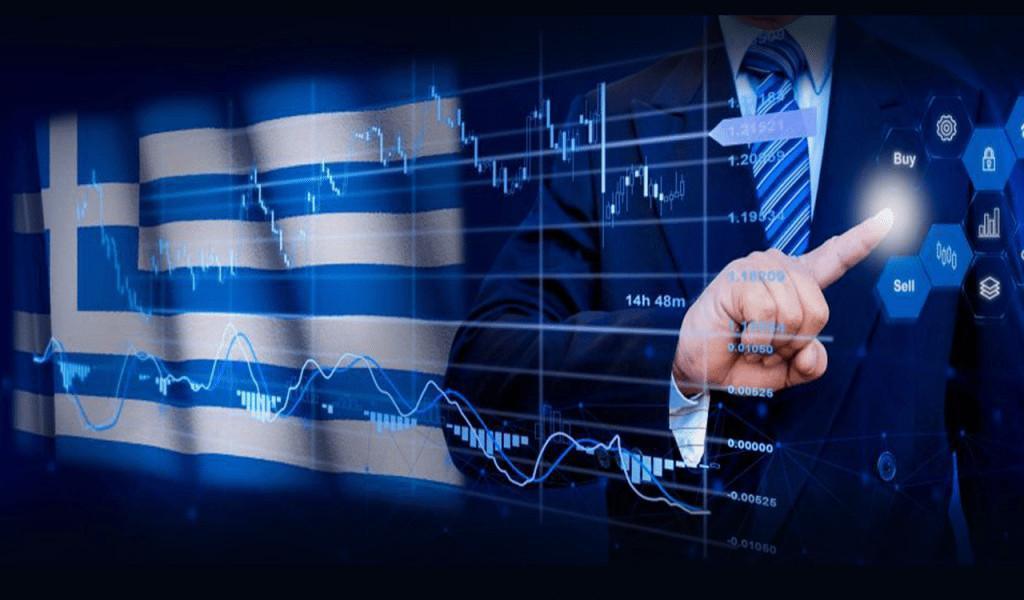Interview to George Kanellopoulos
Attracting foreign direct investment will be the key for sustainable growth in Greece, said Peter Spiegel, the US managing editor of the Financial Times. Mr. Spiegel knows Greece well as he was one of the top journalists to cover the debt crisis in Greece and the Eurozone.
Mr. Spiegel also believes that there will be new winners and losers in the European economy for the foreseeable future due to the pandemic. He also warns that energy supplies in Europe are the biggest economic trouble spot for the continent right now. He states that if Europe continues to be overly reliant on Russian gas for its energy needs, there may be more trouble ahead due to volatility in supply and higher prices.
Do you believe that the growth of the Greek economy is sustainable?
I don’t think you’re likely to see growth continue at 6% or 7%, like Greece has in 2021. But there’s every reason to believe it could expand at 3% or 4% in the foreseeable future. Key will be foreign direct investment. We’ve seen Microsoft and Pfizer make some strategic investments in Greece as a regional economic hub. The redevelopment of the old airport site in Athens could also be a growth trigger. But those projects must be executed well, and other companies must follow Microsoft and Pfizer in order for Greece to hit those strong growth targets.
Greece has come a long way since the debt crisis. How do you see the progress in the country during these past years?
I think the tail end of Tsipras’ government, after he accepted the terms of the memorandum, and especially Mitsotakis’ tenure have marked a turning point for Greece, with international investors viewing the country as a solid bet for business development and economic growth. You can see that most starkly in Greece’s bond prices, with borrowing costs dropping sharply over the last five years to the point where they actually dropped below 1% in 2020 and 2021. Mitsotakis’ competent handling of the pandemic in the early days of the Covid-19 outbreak was noted by many international investors as a sign that the Greek administration had become more competent and able to implement important policy decisions.
Are countries like Portugal, Ireland, Spain, Italy, out of the woods regarding debt, especially considering the challenges that the pandemic poses?
The most important thing that will affect the “eurozone’s periphery” and their debt levels will be international sentiment. Right now, there is a global “hunt for yield”, which means even countries with high debt levels are seeing investors happily buying their sovereign debt. If there’s a shift in sentiment — if the current bubbly global economy bursts — then some of these countries will undoubtedly come under pressure. But the Eurozone is in a much better place to protect those countries than it was in 2010, and I doubt you’d see a huge run on the debt of any of these countries even if sentiment shifts.
How much will the European economy be affected by the pandemic and for how long?
Europe’s economy will continue to bear the scars of the pandemic for a long time to come, but it’s almost impossible to gauge how long it will take to return to “normal” — and what that “normal” will look like. As we have seen with the ongoing energy and supply chain crises, the pandemic has, at least in the short term, fundamentally changed the way the global economy functions. More is being spent on goods and less on services; travel and hospitality continues to suffer while the online economy, including video streaming and e-commerce, have grown by leaps and bounds. Many of these trends are unlikely to reverse themselves. So there will be new winners and losers in the European economy for the foreseeable future.
What are the biggest economic dangers for Europe right now? What about the situation with energy?
I think energy supplies are the biggest economic trouble spot for Europe right now. If Europe continues to be overly reliant on Russian gas for its energy needs, it will continue to see the volatile prices and supplies it is currently experiencing — which could send prices even higher this winter. Europe had a chance to diversify when the Russia-Ukraine crisis first began in 2014. Instead, it is building new pipelines to Russia and shutting down nuclear plants. Europe must speed up its rollout of renewables, but also not forget that it needs to keep a diverse array of alternative sources (including fossil fuels) at the ready to keep supplies steady.
Do you think high inflation is here to stay?
I’m one of the few remaining observers who think the current spate of inflation is a short-term phenomenon. It is mostly the result of a spike in energy prices and supply chain bottlenecks. It is not a true overheating of the economy. As a result, once supply chain bottlenecks dissipate, prices will stabilize again.

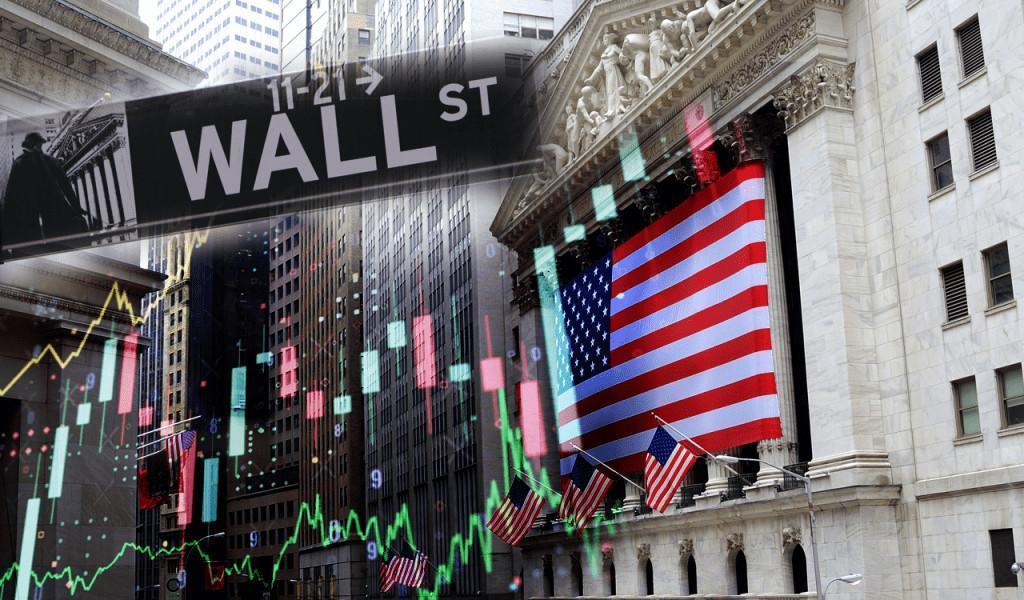
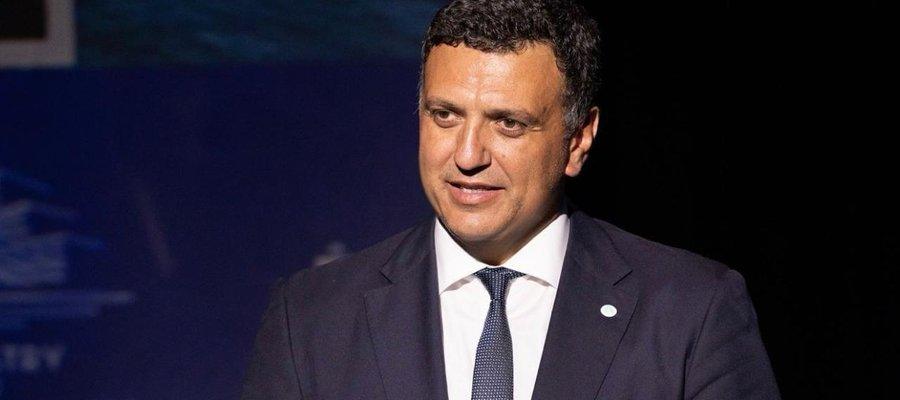
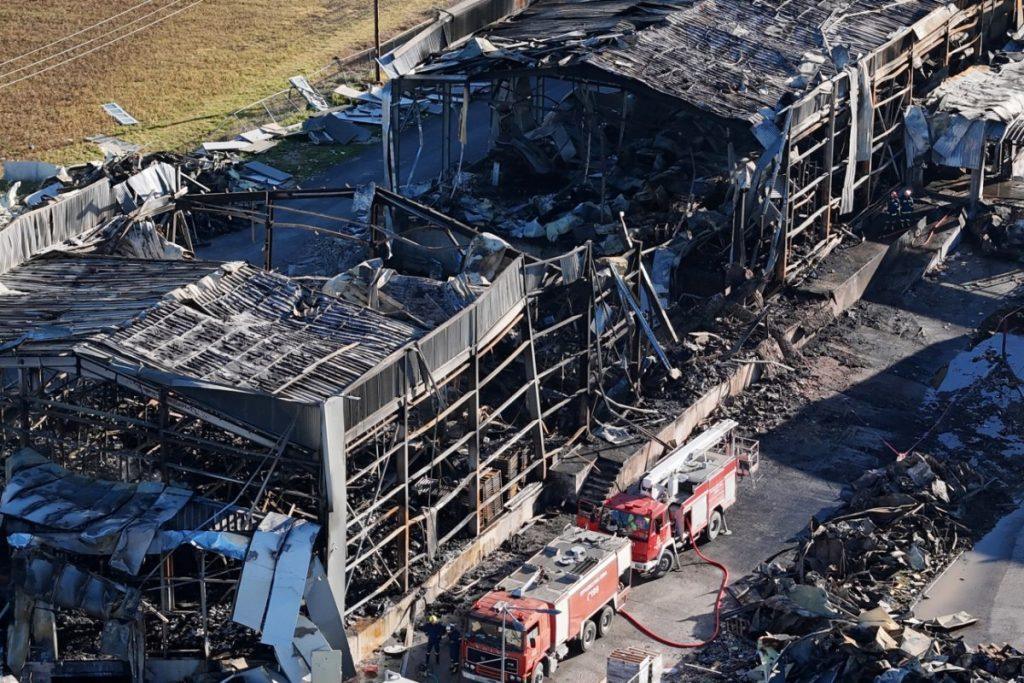
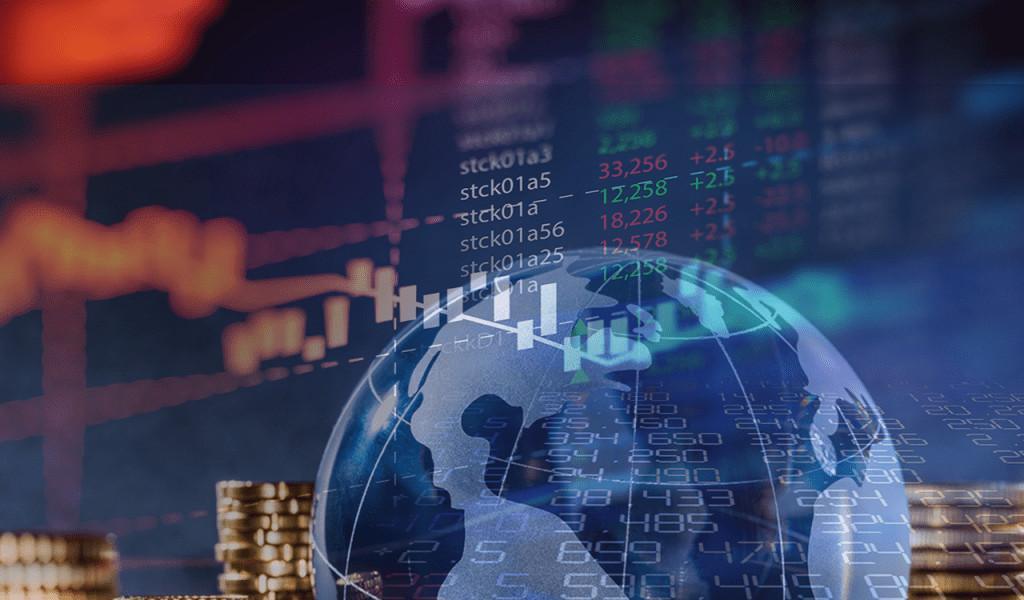




![Ελβετικό φράγκο: Άνοιξε η πλατφόρμα για τη ρύθμιση των δανείων [πίνακες]](https://www.ot.gr/wp-content/uploads/2026/02/ot_swiss_Francs25-1024x668-1-1-3-300x300.jpg)
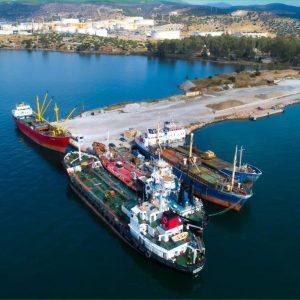

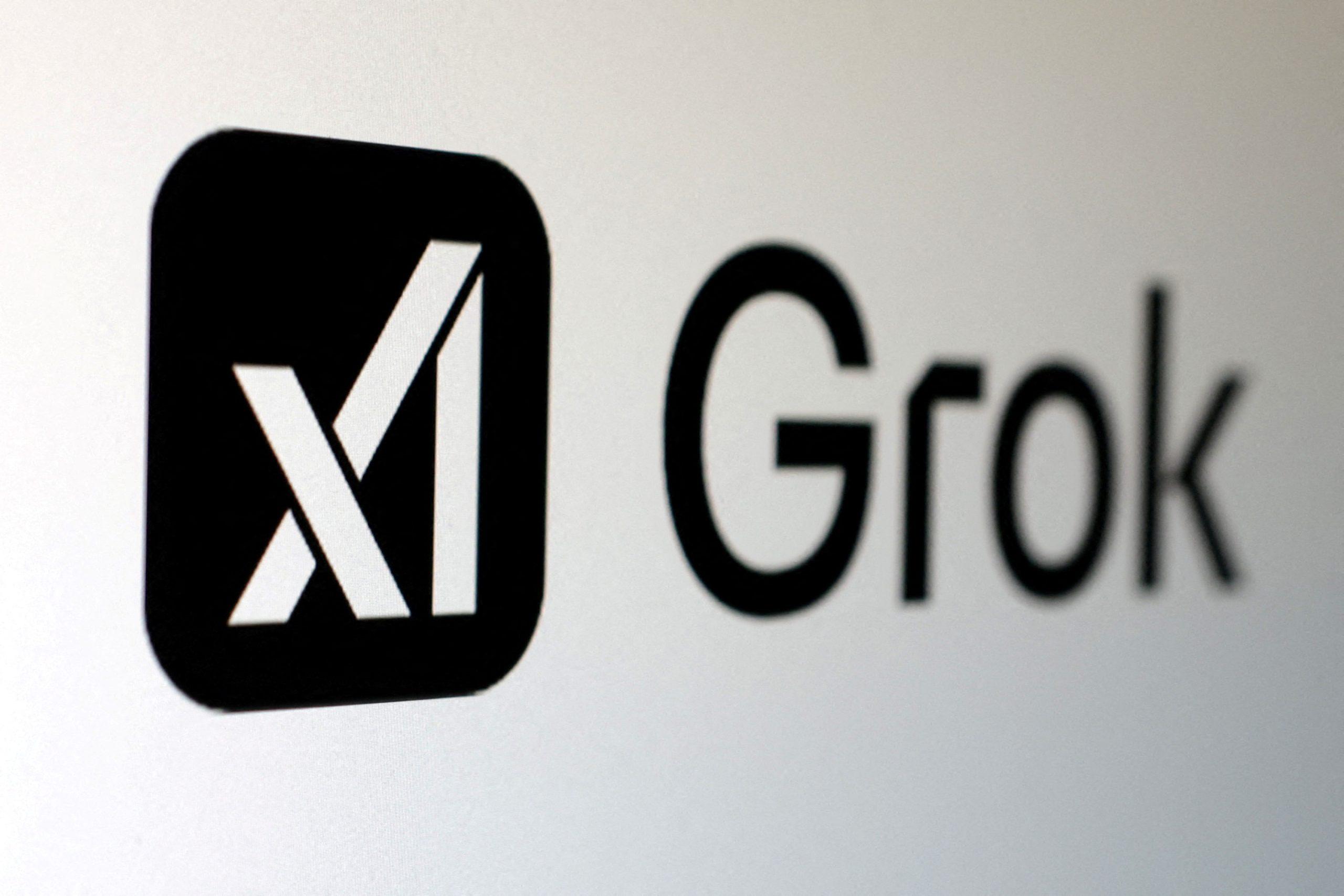
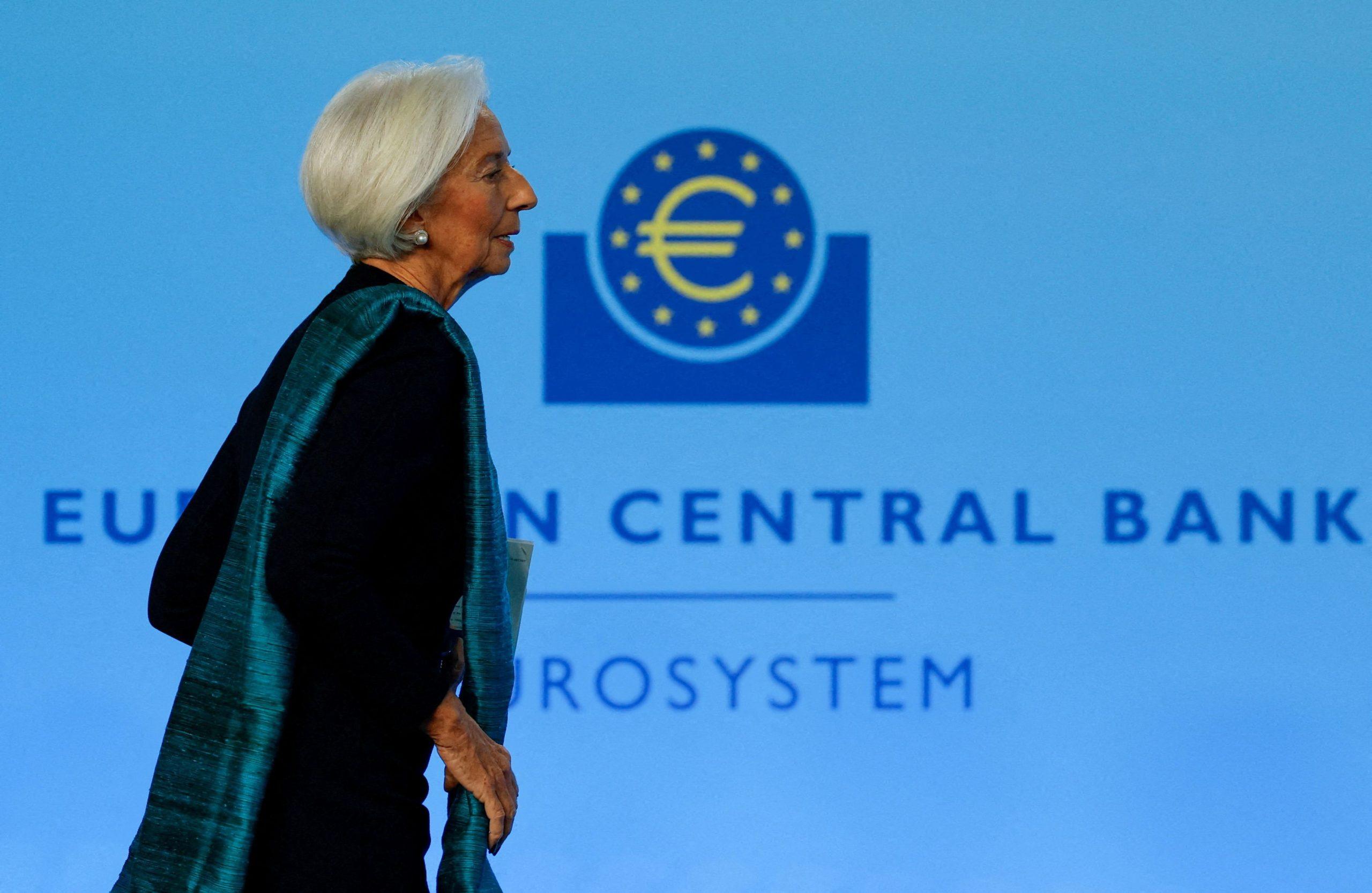

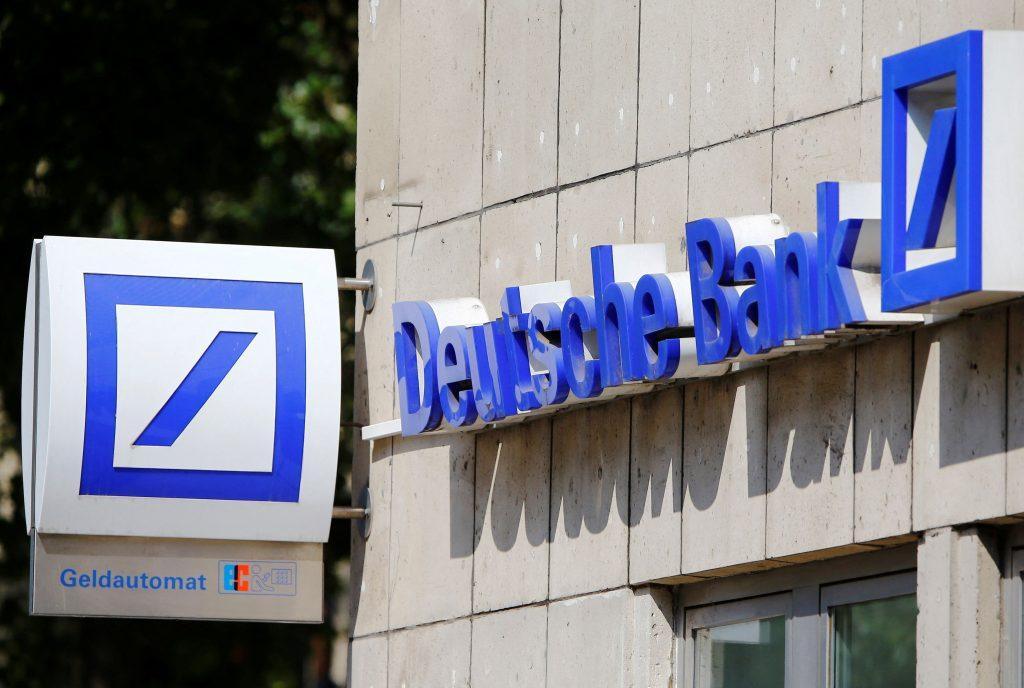
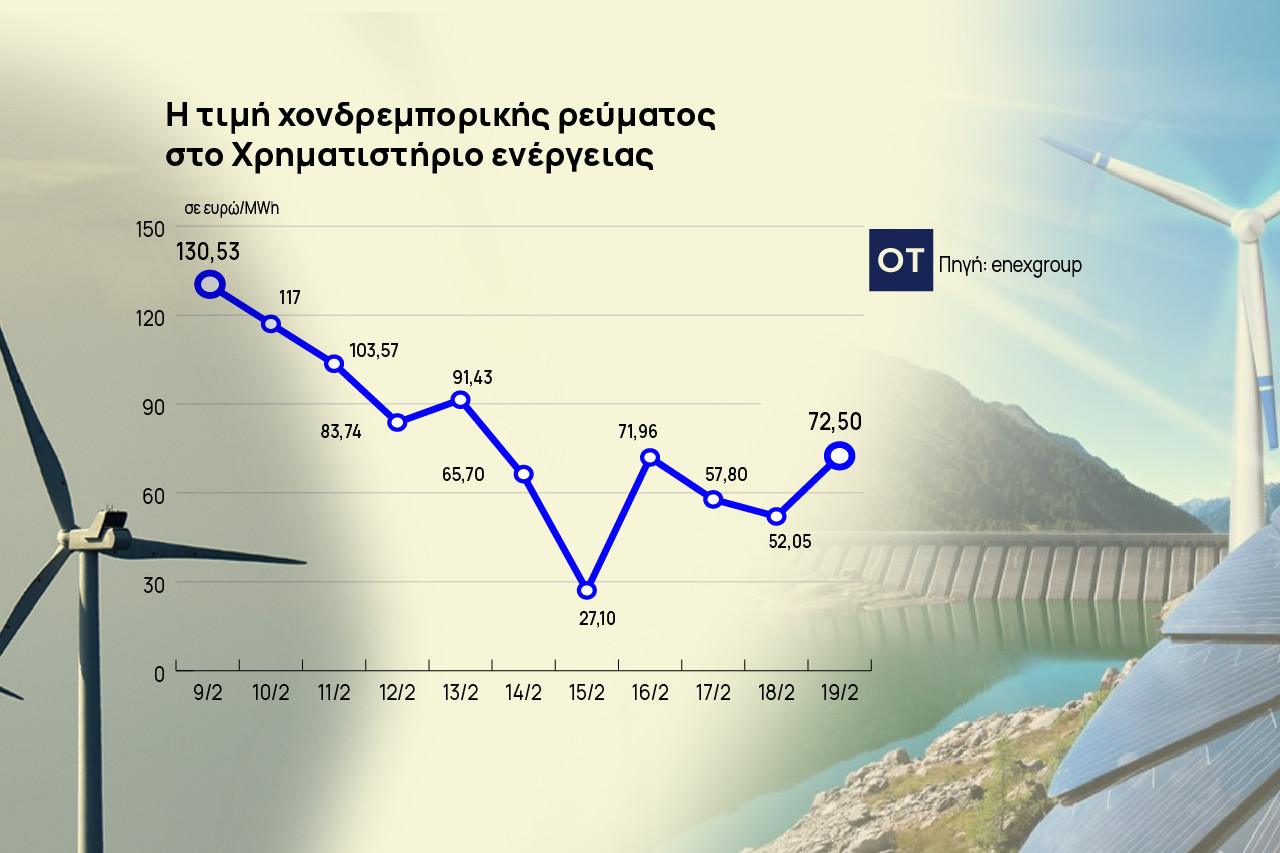

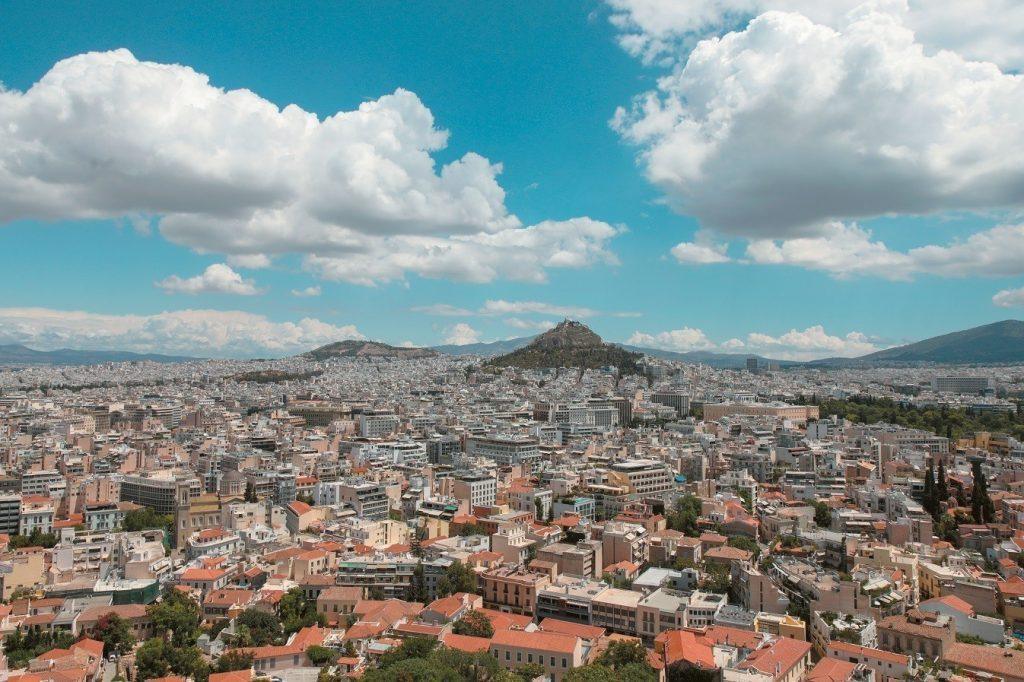
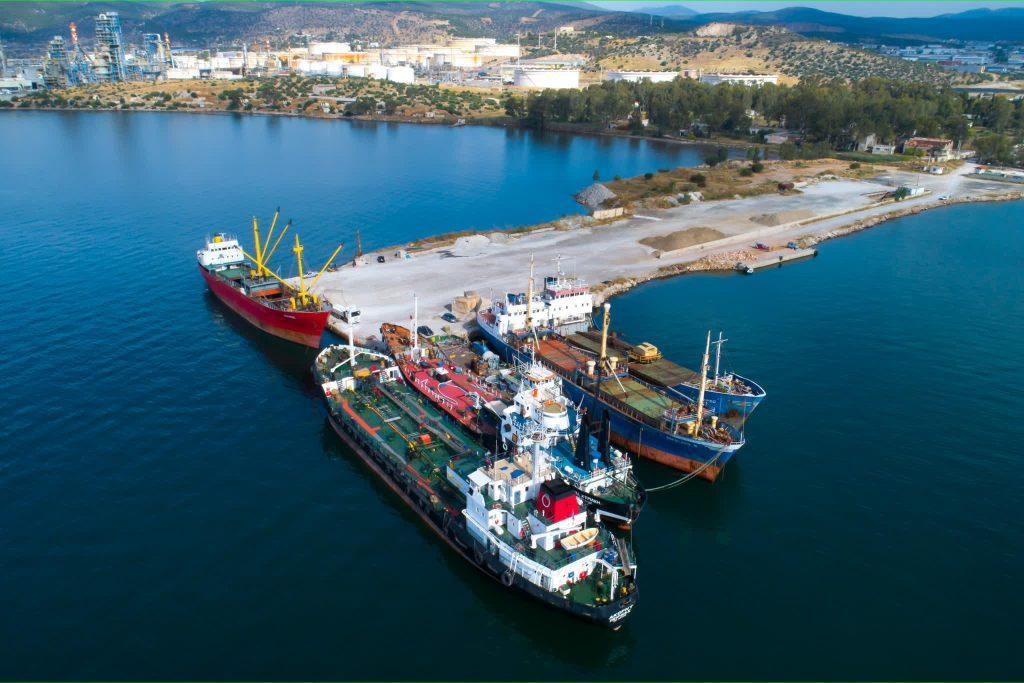







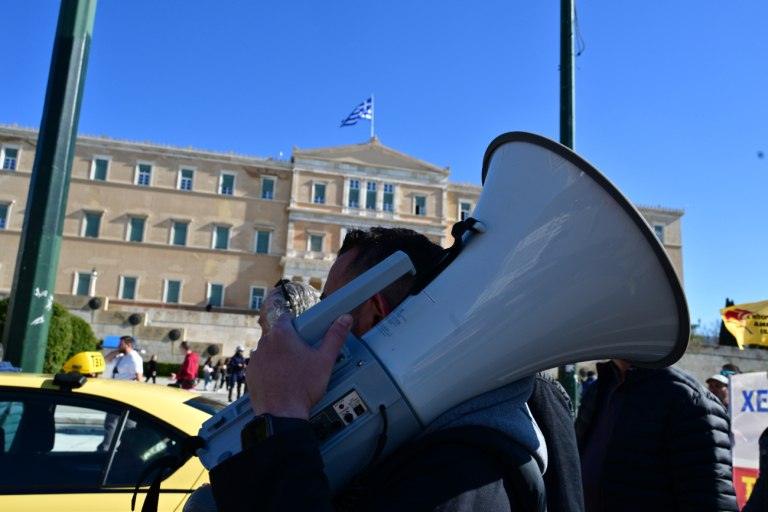
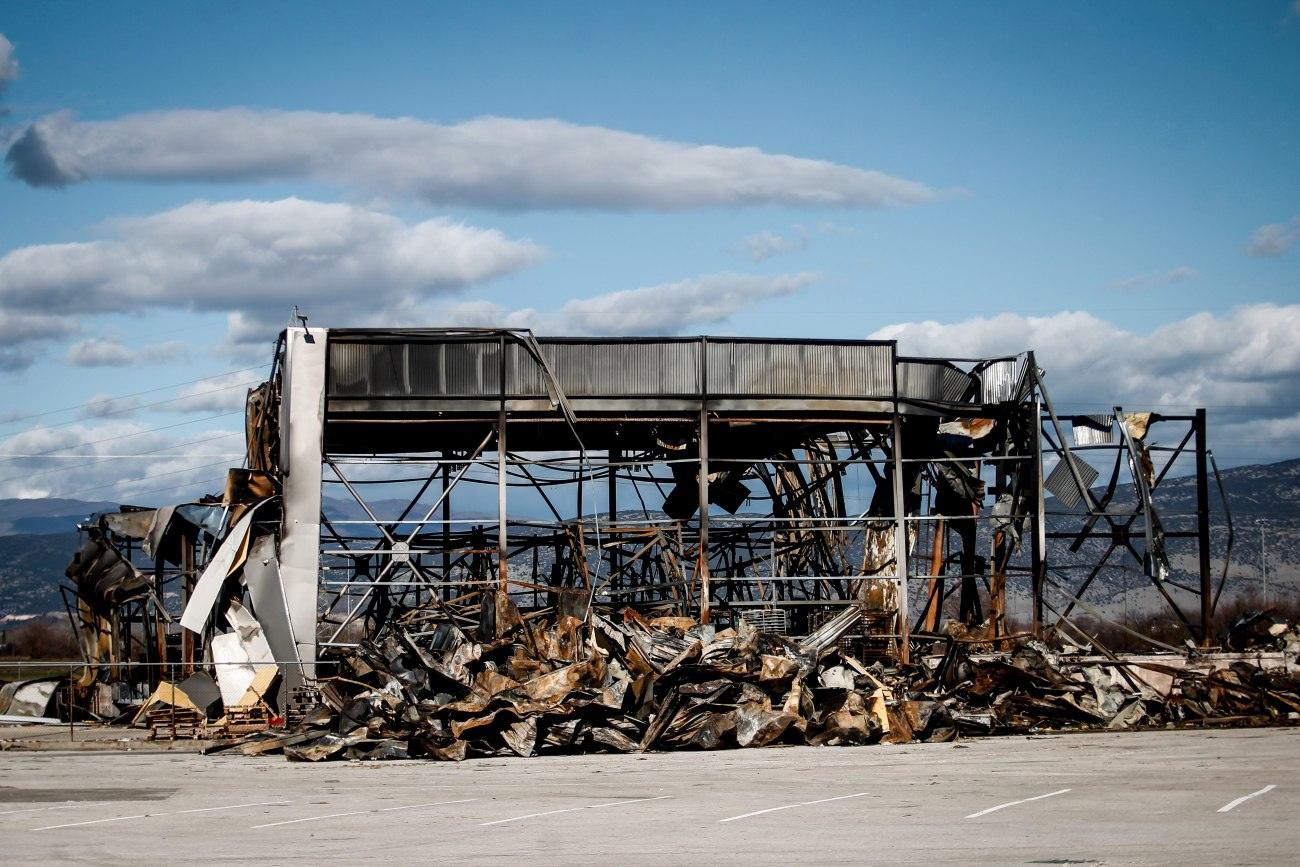

![Ελβετικό φράγκο: Άνοιξε η πλατφόρμα για τη ρύθμιση των δανείων [πίνακες]](https://www.ot.gr/wp-content/uploads/2026/02/ot_swiss_Francs25-1024x668-1-1-3.jpg)
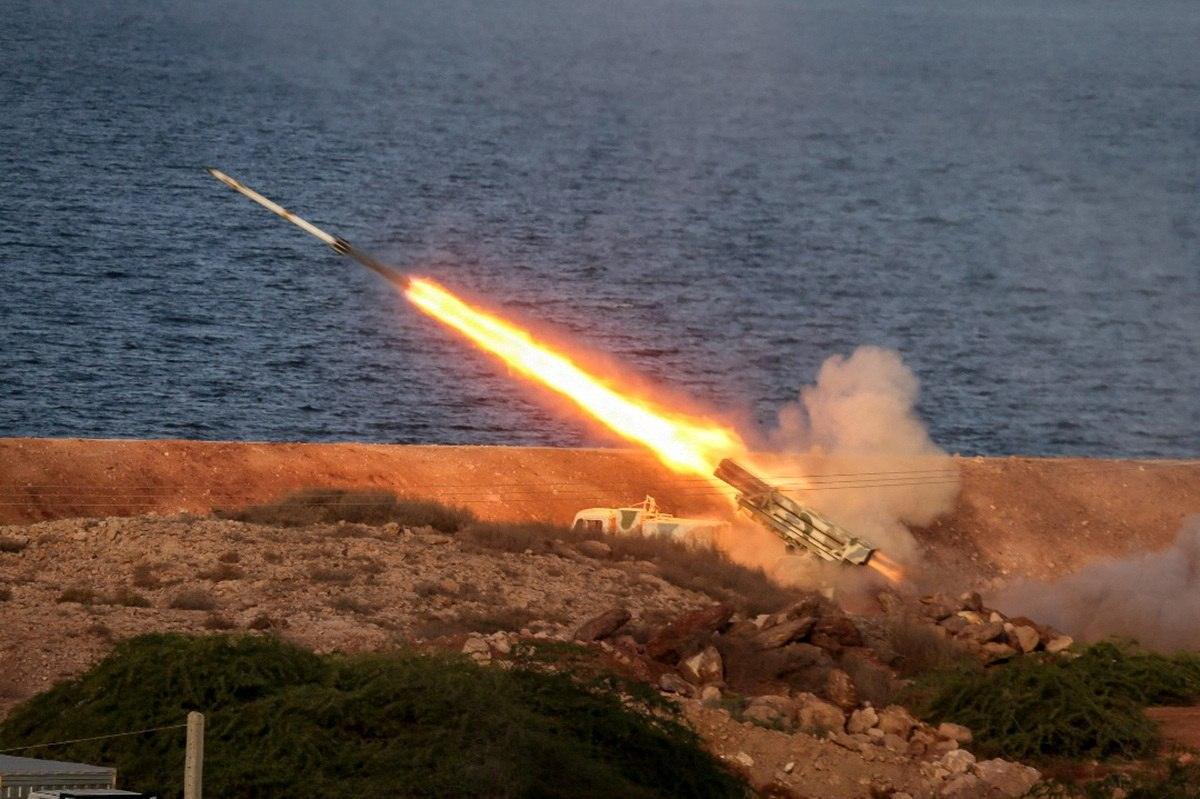


![Ελλάδα: Υποχώρηση της προσφοράς καταλυμάτων βραχυχρόνιας μίσθωσης [πίνακας]](https://www.ot.gr/wp-content/uploads/2026/02/airbnb-1.jpg)
